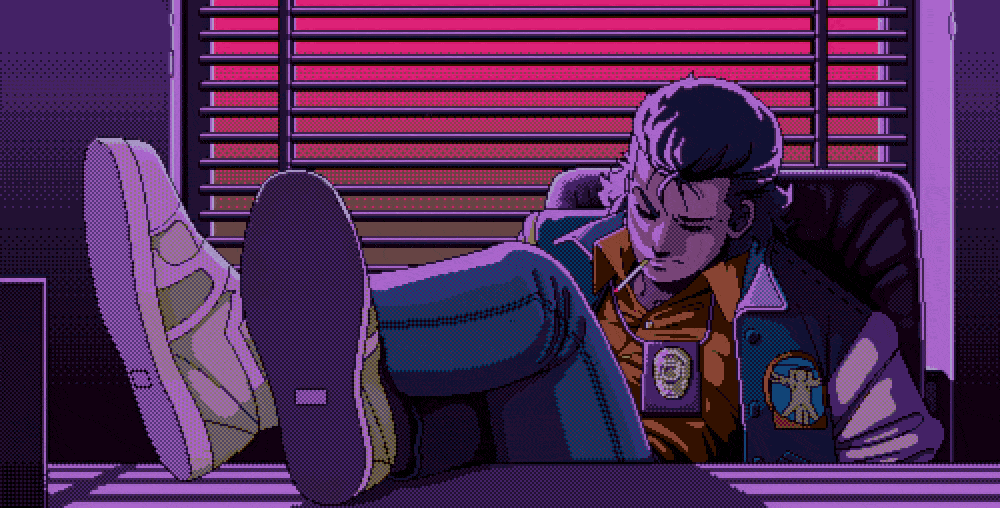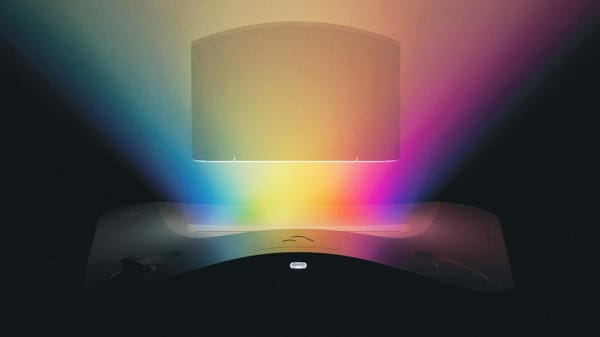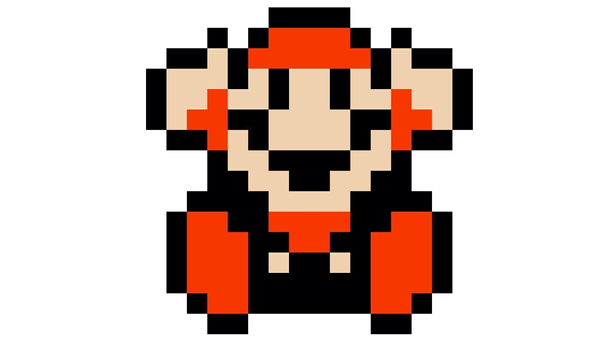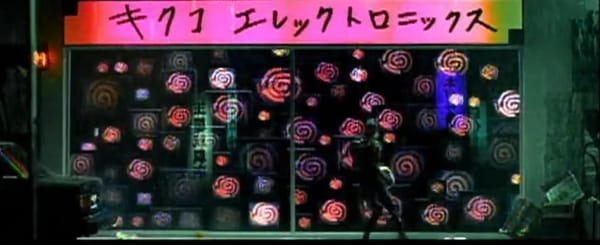Welcome back, Sparkster
Rocket Knight Adventures gets a long-overdue emulation collection, while the Wii U gets a most unlikely new controller.
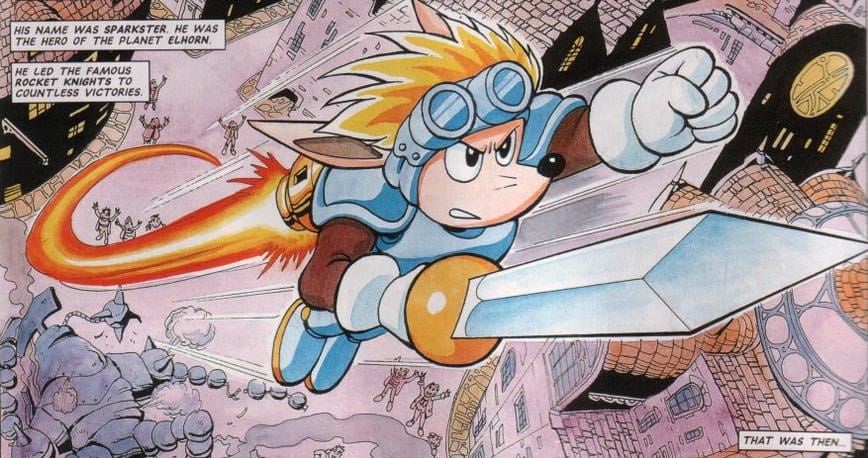
Ahhhh, here we are — back to the old games. Would you believe that for the last couple weeks I've had to put up with the indignity of playing new video games? Lordy! It's been a jam-packed June, with a magazine cover feature, a trip to LA for Summer Game Fest, and a whole lotta Elden Ring.
It's been a fun but exhausting stretch, so we're sticking to some lighter emulation fare this issue. One of my favorite games is back, thankfully not in Pog form, and we've got a hobby project for one of Nintendo's least-loved consoles. That's the good stuff!
In another issue soon we're likely going to dive back into Taki Udon's Mister FPGA project, as it's coming perilously close to being finished. The latest news is that it's going to be even cheaper than the originally planned $99, though Taki hasn't debuted the final price. With a release planned for as early as the end of this month, we're on the verge of what could be a major shift for the FPGA hobby scene. I'm guessing the initial batch of 2,000 units will sell out in a heartbeat, and then from there we'll see what kind of demand there is for the MiSTer at half or a third of what it currently costs to buy in.
What comes after that? Lately for a bigger project I was digging into the explosive growth of the emulation scene in the late '90s, and how the early adopters on IRC and message board reacted to the sudden influx of newly interested people. They were unsurprisingly not enthused — "lamers" was my favorite of-the-time insult for bumbling noobs popping into chatrooms asking for ROMs — and it's funny to think back on how little tenure you needed at the time to be an oldhead. Maybe six months? A year, tops? Veteran status comes quickly in a scene that's well under a decade old.
MiSTer fans may be grappling with that same reaction to the scene blowing wide open soon, though maybe it already hit that point some years ago and the arrival of budget board buyers won't feel like any great change. I think what I'm most interested in seeing is whether the success of Taki's FPGA line, assuming they are a a success, encourages many more boutique hardware makers to examine where costs can be cut and experiences improved with purpose-built gear. The Retrotink has been an incredible successor to the former champ, the Framemeister, improving on it by actually being tailor-made for games. It feels like we're on the cusp of that same shift with the DE10-Nano to dedicated gaming FPGA boards.
But enough about the maybe-near-future — let's talk about some right now.
The Big Two
1. Rocket Knight returns

Iiiiiiiiiiit's Sparkster! Lost in the chaos of summer game announcement week, Konami & Limited Run's Rocket Knight Adventures: Re-Sparked Collection dropped on June 11, making one of the all-time great platformers and its sequels available on digital stores for the first time since, what, the Wii Virtual Console? NO — for some sick and twisted reason the Rocket Knight series never made it to the VC, even when so many of Konami's other classics did.
I'm not sure I could convincingly argue that the world's gone to hell over the last 20 years because we haven't been able to play Rocket Knight Adventures on modern platforms, but conversely can you prove that isn't true? Look at this guy.
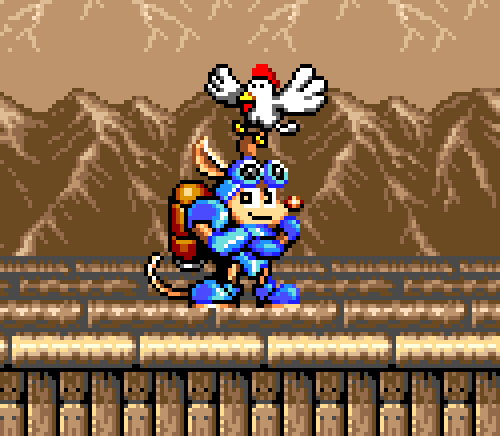
So yeah, I'm pretty happy to see the Rocket Knight series jetpack its way into a comeback. The physical editions from Limited Run for Switch and PS4/PS5 unfortunately finished sales back in March, but personally I'm happiest to see the collection available on Steam where it will, hopefully, be available in perpetuity. One of the negative reviews on there says you're "just" getting three ROMs for $30 because there are no dev interviews a la Atari 50. That truly undervalues the effort put into collecting and presenting the assets for the museum, with classic advertisements and design docs, and the work put into LRG's Carbon Engine, which licenses and customizes existing emulators and wraps them up nicely with modern interfaces for PC and consoles.
It's the right approach, and it seems to be slowly bearing fruit in the exact ways I hoped a couple years ago, both bringing back classics like Rocket Knight that have never been re-released and enabling first-time localizations like Clock Tower.
I've never played another platformer that feels like Rocket Knight Adventures, with Sparkster's jetpack sending him careening around the screen. It's controlled chaos, with lovely sprites and a color palate that just soothes the soul. In the era of mascot platformer wannabes, Sparkster was the rare real deal. I don't know the sequels as well, but it's a pleasure to have even just that first game back. Enjoy it!
2. What if you could emulate a Wii U gamepad with a real Wii U?

All the time people are saying, "I still have a Wii U plugged into my TV, but a UFO absconded with the Wii U gamepad and now I can't play it anymore!" You'd be really surprised by how often that's happened. Like, even if it was just once: Surprising!
Anyway, this week I learned about a fun project from YouTuber and programmer MattKC called Vanilla: "a work-in-progress software clone of the Wii U gamepad for Linux (including Raspberry Pi and Steam Deck) and Android." This tools opens up a wild 'n' crazy new way to play Wii U games, joining the list of other options:
- Playing Wii U games on a Wii U with a Wii U gamepad (old!!!)
- Playing Wii U games via emulation
- Playing better versions of Wii U games that have been ported to Switch except Xenoblade Chronicles X why Nintendo why
- Playing Wii U games on a Wii U... with a Steam Deck (new!!!)
While Vanilla is still very much in development and only works with certain wi-fi adapters (the Wii U is apparently a fickle beast), it's a fun idea that serves a real purpose: ensuring Wii Us remain playable when the meager supply of gamepads (which were only ever sold independently in Japan) runs dry. Actually, it serves two purposes. The other one is not having to touch a Fisher Price-feeling Wii U gamepad and being able to play games on a vastly better display. That's pretty compelling, actually.
Vanilla will eventually be usable on Android, so anyone with a nice Backbone controller or whatever will theoretically be able to whip out their phone and start controlling the console that has certainly never left its place of privilege directly below the TV. The readership of this here newsletter might be more intrigued by the prospect of a Steam-Deck-as-gamepad situation. It's coming along!
According to a member of the Cemu Discord, it already works well on the Steam Deck, with much better battery life; the microphone and gyro are the major missing features at the moment. The really cool part is this works with a vanilla (heh) Wii U, no custom firmware required.
Is it emulation? Not by our usual definition, but eh, close enough for me!
Patching In

PPSSPP is back on the App Store — Just FYI.
RPCS3 gets a configurable "anti-deadzone" – Instead of a preset 13% deadzone for the DualShock 3 analog sticks, RPCS3 now lets you set your own, which I imagine will become more and more useful as these controllers age. The tl;dr from contributor Megamouse: "If you use the anti deadzone, weak stick inputs will feel less sluggish, while strong stick inputs may feel a bit more sluggish."
Custom Alpha shaders in Dolphin – If you enjoy seeing how much effort and back-and-forth can go into a minor emulation feature, check out this thread for a specific aspect of moddable custom shaders in Dolphin, which has been brewing for about two months. The overall vision of graphics modding is far more ambitious and still very much in the works — contributor iwubcode is working on a graphics editor for creating and packaging up mods. But here's just one little change someone could make by creating a shader that alters alpha values.
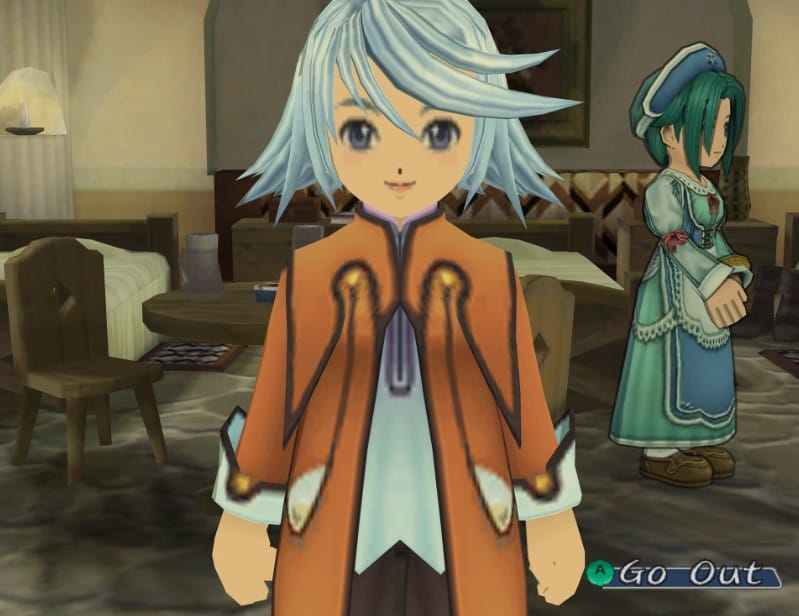
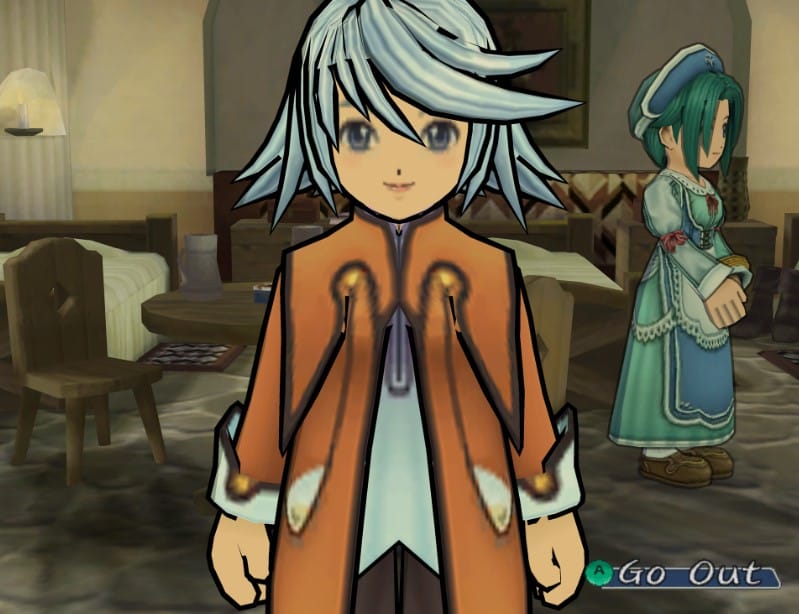
Apple Silicon support in the works for PCSX2 – Exciting news if you're the specific type of person who wants to play The Bouncer on a MacBook: you're gonna be able to do that natively, at some point. PCSX2 dev Stenzek is working on implementing Apple ARM support for the PS2 emulator. There's no eta for its completion, so be patient — the end result should be worth it, as Stenzek predicts "2-3x performance improvement depending on the game on Apple Silicon."
- Also in PCSX2 land: a fix to texture loading solved broken graphics in Mobile Suit Gundam - One Year War.
Core Report

Take the Gauntlet to go – Gauntlet, Gauntlet 2, and Vindicators 2 all released for the Analogue Pocket. Warrior needs backlight, badly.
Beta sneaks – Jotego's Sly Spy core is now in beta for the Analog Pocket. Do not confuse Sly Spy with I Spy ('60s TV show) or Spy vs. Spy (Mad Magazine comic). This is a Nihon Bussan game that blatantly lifted imagery from James Bond. He really does not look sly, but he does look good at blowing up motorcycles.
Translation Station

Madou Monogatari 3 finishes off the trilogy – Congrats to hacker Yuvi and translator SnowyAria for completing patches for this PC-98 RPG series! Madou Monogatari (aka Sorcery Saga) is a dungeon crawling series with some charming art; you may know developer Compile best for puzzler Puyo Puyo, but this is actually where the art for Puyo Puyo originated! There's quite a history here; you can read about it on Retro XP.
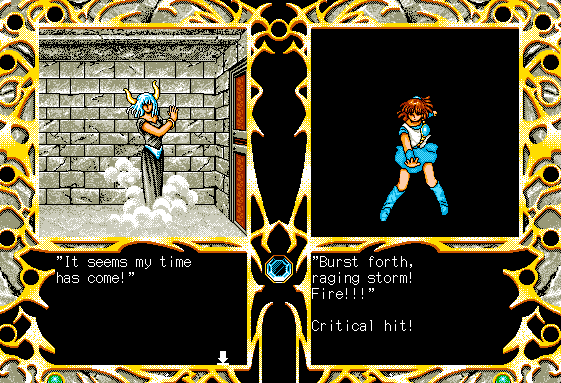
Autobots, roll out to the bad game hall of fame – There's a new translation on the block for Famicom game Transformers: Mystery of Optimus Prime, known for not just being bad, but for being one of the worst on the system, a true feat. Bad enough for the AVGN to do an episode on it! This is actually the second English translation for this stinker, but look how much cleaner that title screen is. Worth it?
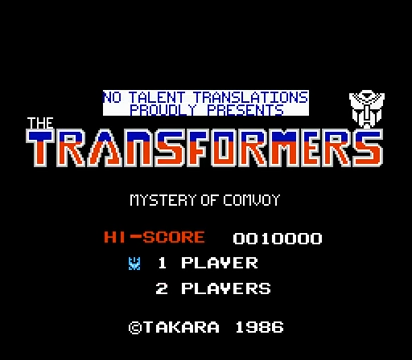
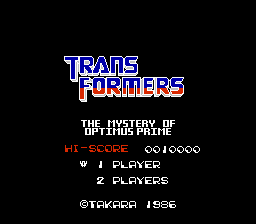
Good pixels

The fan translation for Madou Monogatari got me thinkin' about Compile, so let's end with some Compile pixel art. Till next time! 💽
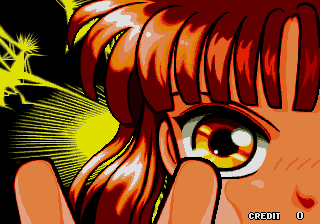
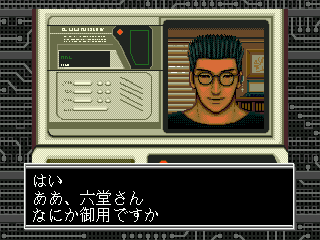
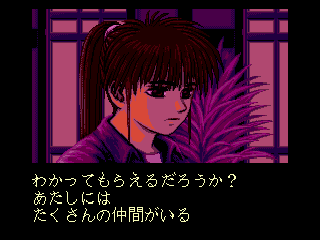
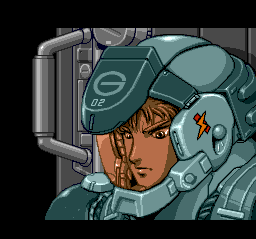
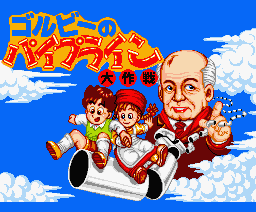
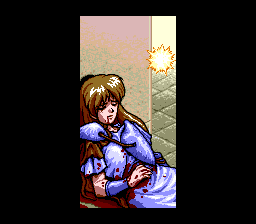
Puyo Puyo 2, Shadowrun, Spriggan, Gorby no Pipeline Daisuken and Sylphia via Mobygames
